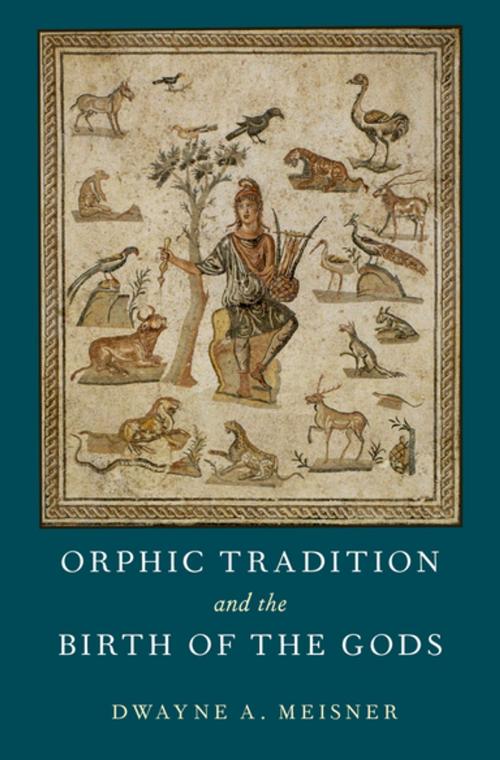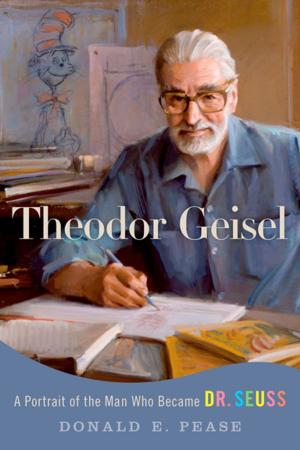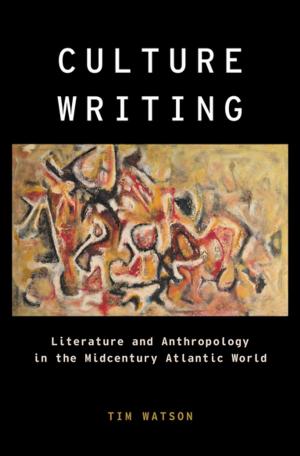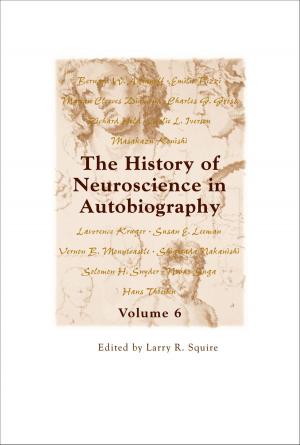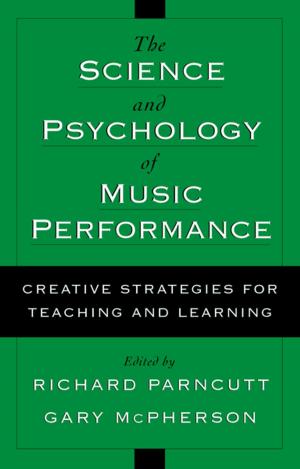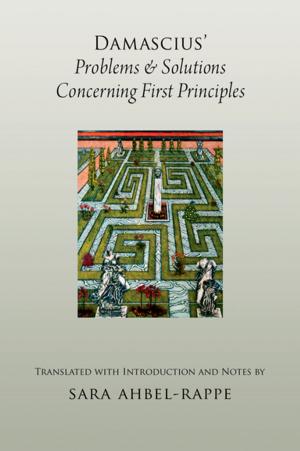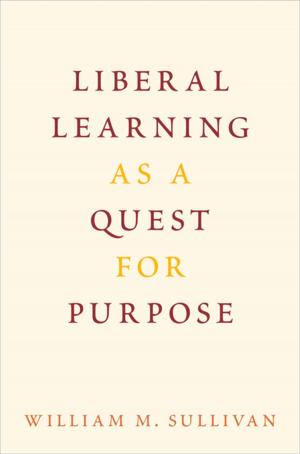Orphic Tradition and the Birth of the Gods
Fiction & Literature, Poetry, Literary Theory & Criticism, Nonfiction, Religion & Spirituality| Author: | Dwayne A. Meisner | ISBN: | 9780190663544 |
| Publisher: | Oxford University Press | Publication: | July 17, 2018 |
| Imprint: | Oxford University Press | Language: | English |
| Author: | Dwayne A. Meisner |
| ISBN: | 9780190663544 |
| Publisher: | Oxford University Press |
| Publication: | July 17, 2018 |
| Imprint: | Oxford University Press |
| Language: | English |
The hatching of the Cosmic Egg, the swallowing of Phanes by Zeus, and the murder of Dionysus by the Titans were just a few of the many stories that appeared in ancient Greek epic poems that were thought to have been written by the legendary singer Orpheus. Most of this poetry is now lost, surviving only in the form of brief quotations by Greek philosophers. Orphic Tradition and the Birth of the Gods brings together the scattered fragments of four Orphic theogonies: the Derveni, Eudemian, Hieronyman, and Rhapsodic theogonies. Typically, theogonies are thought to be poetic accounts of the creation of the universe and the births of the gods, leading to the creation of humans and the establishment of the present state of the cosmos. The most famous example is Hesiod's Theogony, which unlike the Orphic theogonies has survived. But did Orphic theogonies look anything like Hesiod's Theogony? Meisner applies a new theoretical model for studying Orphic theogonies and suggests certain features that characterize them as different from Hesiod: the blending of Near Eastern narrative elements that are missing in Hesiod; the probability that these were short hymns, more like the Homeric Hymnsr than Hesiod; and the continuous discourse between myth and philosophy that can be seen in Orphic poems and the philosophers who quote them. Most importantly, this book argues that the Orphic myths of Phanes emerging from the Cosmic Egg and Zeus swallowing Phanes are at least as important as the well-known myth of Dionysus being dismembered by the Titans, long thought to have been the central myth of Orphism. As this book amply demonstrates, Orphic literature was a diverse and ever-changing tradition by which authors were able to think about the most current philosophical ideas through the medium of the most traditional poetic forms.
The hatching of the Cosmic Egg, the swallowing of Phanes by Zeus, and the murder of Dionysus by the Titans were just a few of the many stories that appeared in ancient Greek epic poems that were thought to have been written by the legendary singer Orpheus. Most of this poetry is now lost, surviving only in the form of brief quotations by Greek philosophers. Orphic Tradition and the Birth of the Gods brings together the scattered fragments of four Orphic theogonies: the Derveni, Eudemian, Hieronyman, and Rhapsodic theogonies. Typically, theogonies are thought to be poetic accounts of the creation of the universe and the births of the gods, leading to the creation of humans and the establishment of the present state of the cosmos. The most famous example is Hesiod's Theogony, which unlike the Orphic theogonies has survived. But did Orphic theogonies look anything like Hesiod's Theogony? Meisner applies a new theoretical model for studying Orphic theogonies and suggests certain features that characterize them as different from Hesiod: the blending of Near Eastern narrative elements that are missing in Hesiod; the probability that these were short hymns, more like the Homeric Hymnsr than Hesiod; and the continuous discourse between myth and philosophy that can be seen in Orphic poems and the philosophers who quote them. Most importantly, this book argues that the Orphic myths of Phanes emerging from the Cosmic Egg and Zeus swallowing Phanes are at least as important as the well-known myth of Dionysus being dismembered by the Titans, long thought to have been the central myth of Orphism. As this book amply demonstrates, Orphic literature was a diverse and ever-changing tradition by which authors were able to think about the most current philosophical ideas through the medium of the most traditional poetic forms.
